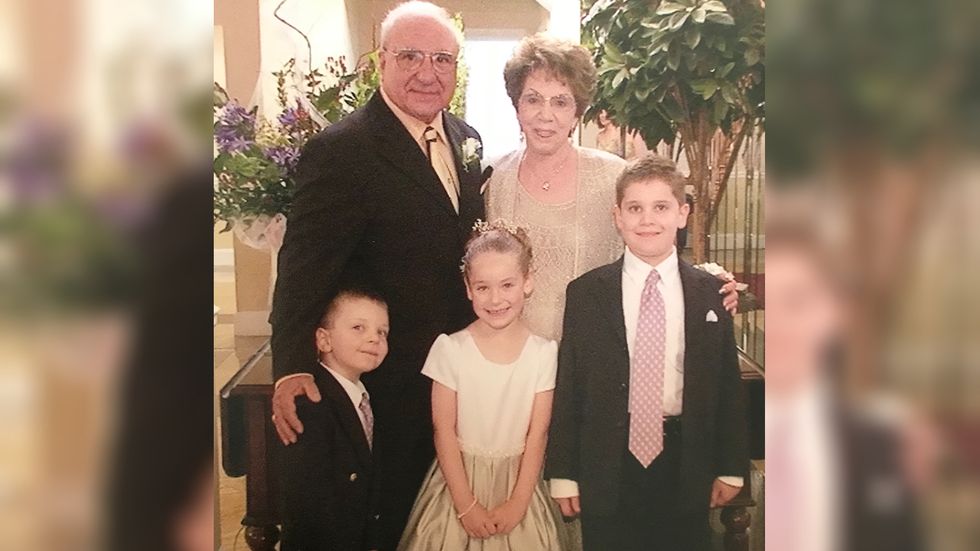July 2016. The month when I found out my grandma was showing early signs of dementia.
For those of you who don’t know, dementia is an incurable disease that is characterized by memory loss along with thinking skills required to perform everyday activities. Dementia affects the short-term memory. Fortunately, there is a medication that can be taken orally to slow the process down. I had heard of dementia from past conversations with my mom who discussed her grandmother, my great grandmother’s five-year-long battle with dementia.
This disease is commonly found in elderly women and is hereditary as well. When my mom had broken the news to my brothers and me of my grandma’s diagnosis, I couldn’t help but have thoughts flooding my mind of what the future would look like. Normally with dementia, as my mom had described to me, her grandmother had no longer remembered her family’s names, and unfortunately eventually reached the point of no longer talking. After being told the news, the first thought that entered my mind was will she eventually forget I am her granddaughter?
That thought still haunts me to this day, almost two years later. Back in the day, our frequent visits to my grandparents' house down the shore had consisted of great barbecues, playing cards, storytelling, plenty of laughs, staying up late, and sleepovers. After my grandma’s diagnosis, these family traditions started to become a distant memory. My grandma was always dressed to the nines, and slowly things began to change. She was a terrific cook, then slowly she forgot how to cook. She began to forget little details like my age, my siblings' ages and what grades we were in.
They say things get easier over time, whether it’s the grieving process or, in this case, receiving a diagnosis, I’ve gotten better at handling the approach to take. Though I don’t show it, I have my moments of weakness and am at times reduced to tears. Most recently, I visited my grandma to what was a nice day together. My mom called her later in the evening to ask her how her day was with me, "I didn’t see Victoria today…" My grandma forgot I went to visit her.
Of course, I realize that I can’t get upset or blame her, she is not in the right state of mind. But I can’t help but become emotional about a woman who once was so active, who bowled on a league for years, belonged to a card club, enjoyed gardening, and of course preparing meals with love for her family.
When dealing with a person with dementia, one must be patient and understanding. From personal experience, visiting my grandma at her new home in an assisted living facility, she frequently asks the same questions. As her diagnosis has slightly worsened since last year, my level of patience has grown. She would say, "What’s new, Cookie?" (Cookie is my nickname) Or How old are you now? While the questions become repetitive, it is my job to remain calm and answer her questions politely.
While it hurts to know my grandma isn’t in her right state of mind anymore, I still make the most of my time with her during my numerous visits. We spend hours together watching game shows, comedy shows, playing card games like Rummy, we play bingo, and some evenings I join her in the dining room for dinner. While my grandma’s social skills aren’t like what they were, we still enjoy our time together and have laughs.
I will continue to cherish our moments spent together.



















